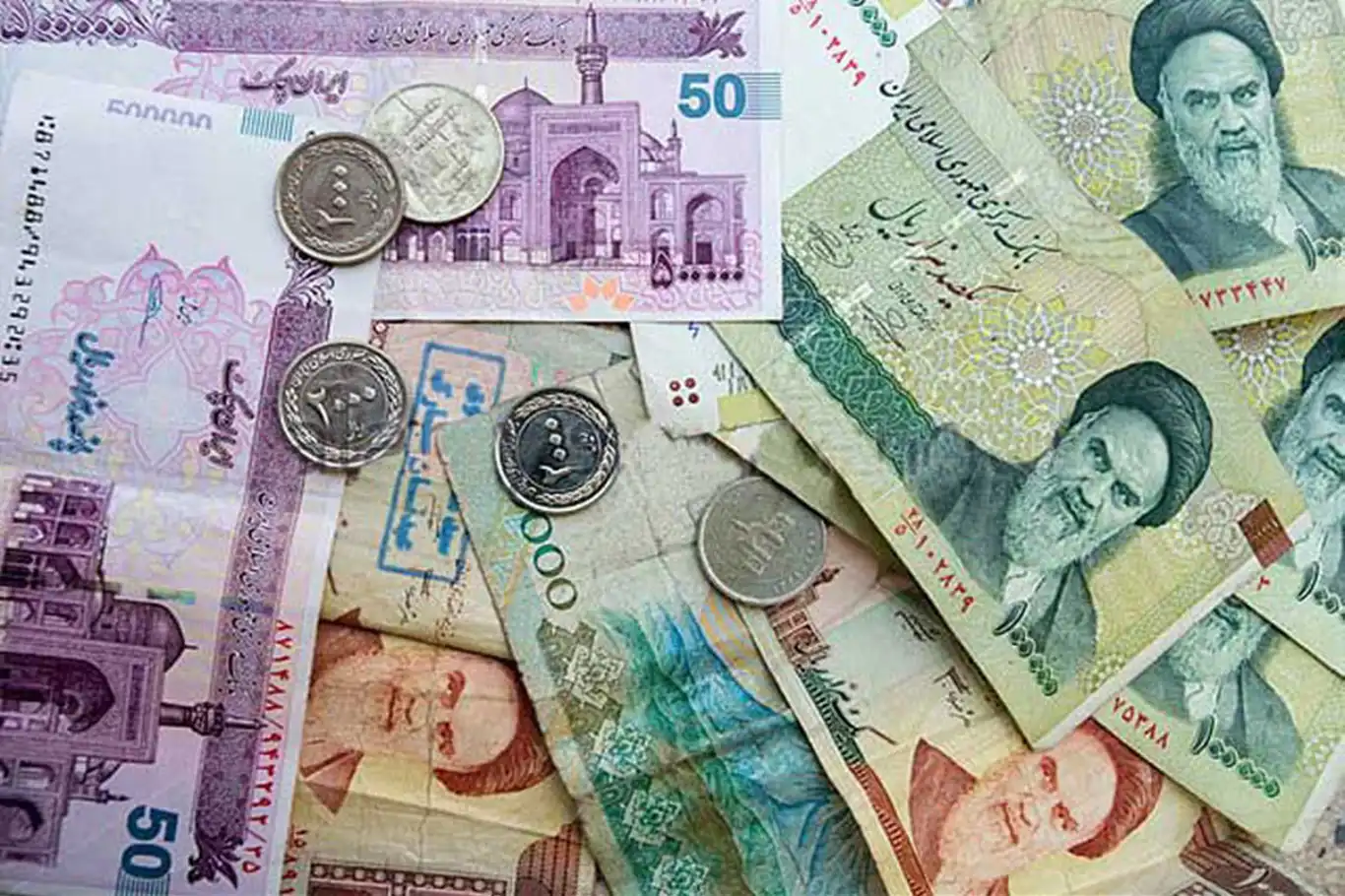Iran revives plan to slash four zeros from rial amid inflation pressures


Iran’s Parliament Economic Commission has approved a motion to remove four zeros from the national currency, the rial, in a bid to simplify financial transactions and restore confidence in the currency, the official IRNA news agency reported on Sunday.
Commission chairman Shamseddin Hosseini confirmed that the measure revives a plan initially proposed by the administration of former president Hassan Rouhani in 2019 but later put on hold.
Under the proposed reform, the currency will retain its current name, the rial. Each new rial will be valued at 10,000 of the current rials, and it will be further subdivided into 100 gherans.
The decision still requires approval from Iran’s Parliament and the Constitutional Council before it can take effect.
The Iranian currency has faced severe depreciation, particularly following the U.S. withdrawal from the 2015 nuclear deal—known as the Joint Comprehensive Plan of Action (JCPOA)—in May 2018 and the subsequent reinstatement of harsh sanctions. These measures have fueled inflation, weakened the rial’s purchasing power, and prompted calls for currency reform.
Officials say the move is intended to streamline accounting processes, reduce transaction complexities, and restore stability in daily financial activities. However, economists note that broader economic reforms will be essential to address the structural causes of inflation and currency devaluation. (ILKHA)
LEGAL WARNING: All rights of the published news, photos and videos are reserved by İlke Haber Ajansı Basın Yayın San. Trade A.Ş. Under no circumstances can all or part of the news, photos and videos be used without a written contract or subscription.
Housing sales in Türkiye declined in November, even as the overall market maintained solid growth over the first eleven months of the year, according to data released on Tuesday by the Turkish Statistical Institute (TurkStat).
Production in Türkiye’s construction sector surged by 28.0 percent on an annual basis in October 2025, according to data released on Monday by the Turkish Statistical Institute (TurkStat).
The number of paid employees in Türkiye increased by 1.0 percent on an annual basis in October 2025, according to data released by the Turkish Statistical Institute (TurkStat) on Monday.
Zabihullah Mujahid, the chief spokesman for the Islamic Emirate of Afghanistan, announced that a recent World Bank report points to growing economic stability in the country, highlighting a notably low inflation rate projected for 2025.